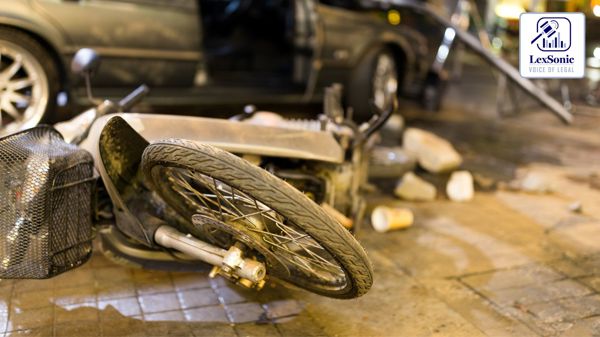Supreme Court Upholds "Pay and Recover" Principle for Third-Party Motor Accident Claims.
08 August 2025
Motor Accident >> Family Law
In this appeal of National Insurance Company Limited v/s Sunita Devi & Others, the Supreme Court of India addressed a case where an insurance company challenged its liability to pay compensation for a fatal motor vehicle accident. The accident occurred on August 22, 2005, when Dheeraj Singh was killed after his motorcycle was hit by a truck. The Motor Accident Claims Tribunal awarded compensation of Rs. 8,23,000 to the victim's family, and both the Tribunal and the High Court directed the insurance company to pay the amount first and then recover it from the vehicle owner.
Key Issues and Arguments:
The core of the insurance company's appeal rested on the argument that the insurance policy for the offending truck had been cancelled before the accident because the premium cheque bounced due to insufficient funds. The company presented evidence showing that the cheque was dishonored, and both the vehicle owner and the Regional Transport Officer (RTO) were notified of the policy's cancellation.
The claimants, on the other hand, argued that the decision to make the insurance company pay the compensation first was a matter of justice, particularly since they had already received 50% of the awarded amount.

Supreme Court's Analysis:
The Supreme Court examined the legal precedents in similar cases, specifically National Insurance Company Ltd. vs. Seema Malhotra, Deddappa & Ors. vs. Branch Manager, National Insurance Company Limited, and United India Insurance Company Limited vs. Laxmamma & Ors.. These judgments established the principle that if an insurance policy is cancelled due to non-payment of a premium and the cancellation is communicated to the insured before an accident, the insurer is legally absolved of its liability.
However, these same precedents also laid down the "pay and recover" principle, where the insurance company, in the interest of third-party victims, is directed to first pay the compensation and then seek recovery from the vehicle owner.
Applying this principle to the present case, the Court noted that the policy was cancelled on May 4, 2005, more than three months before the accident on August 22, 2005. While the insurance company was legally not liable, the Court considered the fact that it had already deposited 50% of the compensation, which the claimants had withdrawn. The Court held that it would be unjust to order the claimants to return this amount.
Final Decision:
The Supreme Court disposed of the appeal by providing a balanced resolution:
- The insurance company was allowed to recover the 50% of the compensation it had already paid from the vehicle owner.
- The claimants were directed to recover the remaining 50% of the compensation directly from the vehicle owner.
- This decision upheld the legal principle that the insurer was not liable due to the cancelled policy but also protected the claimants from having to return the money already received.
